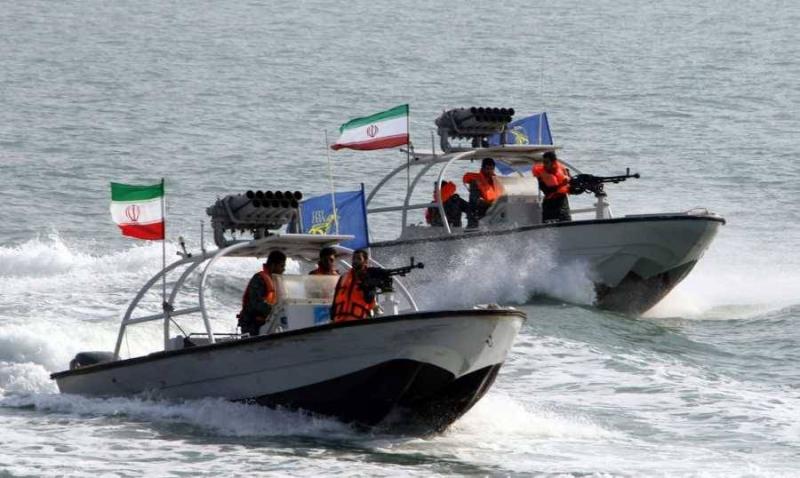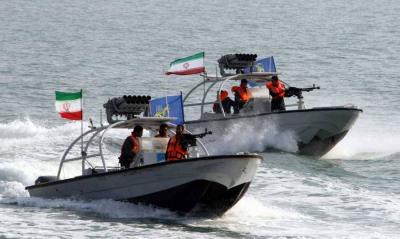The Iranian news agency reported on Saturday, September 10, 2022, that the Iranian Revolutionary Guard seized a foreign ship in the Gulf on charges of smuggling 757,000 liters of diesel fuel out of the country. According to the agency, Revolutionary Guard personnel handed over the ship's seven foreign crew members to the relevant authorities, without disclosing the ship's nationality or the crew's identity. Iran, which has some of the cheapest fuel prices in the world due to substantial subsidies and the low value of its local currency, is trying to combat widespread fuel smuggling, both by land to neighboring countries and by sea to Arab Gulf states. It is notable that the Revolutionary Guard has seized several vessels in recent months on charges of fuel smuggling in the Gulf.
This comes about two weeks after the U.S. Navy announced on August 30 that it had thwarted an attempt by a ship belonging to the Iranian Revolutionary Guard to seize an unmanned vessel belonging to the U.S. Fifth Fleet in Gulf waters. Meanwhile, a report from the French news agency revealed that the Pentagon is working on a new "pioneering" program aimed at enhancing its capabilities to monitor vast areas using aerial and maritime drones, as well as leveraging artificial intelligence. The report, published on Saturday, September 10, noted that the primary focus of this program is on "Iranian movements," although Fifth Fleet spokesman Commander Tim Hawkins stated that the aim is to "improve our monitoring of surrounding seas."
For its part, Iran has been patrolling the region, intercepting and seizing foreign commercial vessels, and has harassed U.S. Navy ships in several tense confrontations in recent years. While the U.S. Navy seeks to prevent Iran from shipping weapons to Houthi rebels in Yemen and other groups, it also aids in enforcing sanctions imposed on Tehran. It is worth mentioning that artificial intelligence helps in detecting unusual movements from data collected by drones, which may surpass human observers, while Hawkins added that the U.S. Navy "needs artificial intelligence to monitor matters that require greater attention."




